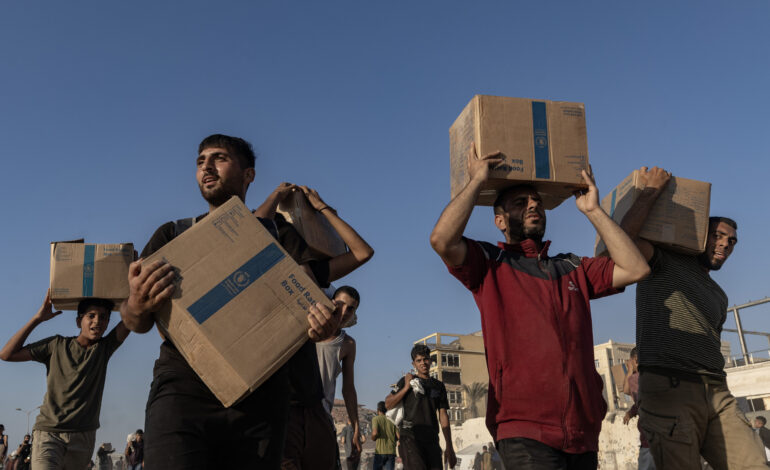
Investigation Into Hamas and U.N. Aid Allegations
Recent inquiries into allegations of Hamas routinely stealing U.N. aid have resulted in claims of insufficient evidence, as reported by Israeli military officials. This development sheds light on the ongoing complexities within aid distribution in the region. This article delves into the investigation details, geopolitical reactions, and implications for future aid operations.
The Accusations and Investigation
The initial allegations suggested that Hamas was misappropriating U.N. aid meant for Gaza. This prompted a thorough investigation, spearheaded by international authorities and the Israeli military. The investigation aimed to verify these claims through extensive data analysis and on-ground assessments.
Findings and Official Statements
Israeli military officials have reported a lack of substantial evidence that could conclusively prove the routine theft of aid by Hamas. These findings were backed by several corroborative statements from international observers, emphasizing a fair review process throughout the investigation.
Geopolitical Implications
The outcome has significant implications for the geopolitical landscape, affecting international relations and aid policies in the region. It raises questions about accountability, inspections, and trust within humanitarian frameworks, while also encouraging a reevaluation of security measures in conflict-affected areas.
Future of Aid Distribution in Gaza
Given the investigation’s conclusions, international bodies and aid organizations are reconsidering their strategies for distributing aid within Gaza. Emphasis is on enhancing transparency and implementing stricter oversight to ensure aid reaches those in need without interference, maintaining the integrity of humanitarian missions.
Conclusion
The investigation underscores the challenges in navigating aid distribution in conflict zones, highlighting the importance of transparency and cooperation. While Israeli military officials found no proof against Hamas, ongoing scrutiny remains crucial to ensure aid reaches its intended beneficiaries and to maintain global trust in humanitarian efforts.






